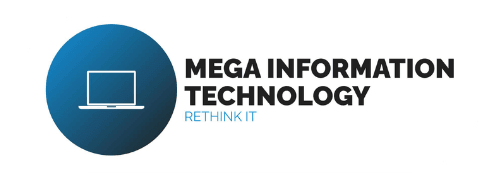Health Insurance Portability and Accountability Act
What is HIPAA Compliance?
HIPAA, or the Health Insurance Portability and Accountability Act, is a federal regulation designed to safeguard the privacy, security, and integrity of protected health information (PHI). HIPAA compliance is mandatory for any organization that collects, stores, processes, or transmits patient health data — not just healthcare providers, but also insurers, vendors, and technology partners.
Why HIPAA Compliance Matters:
Maintaining HIPAA compliance is critical to protecting patients’ confidential information from unauthorized access, cyberattacks, and data breaches. Beyond legal responsibility, compliance demonstrates your organization's commitment to privacy, security, and ethical data handling — building trust with patients, clients, and partners.
Non-compliance can lead to substantial penalties, reputational damage, and even criminal charges.
Organizations That Must Comply with HIPAA:
Healthcare Providers
Hospitals, clinics, and private practices must ensure patient data is properly secured and accessible only by authorized personnel.
Health Insurance Companies
Payers that manage claims, coverage, or health plan data must protect PHI across all systems.
Pharmaceutical & Life Sciences Companies
Any entity involved in clinical trials or research handling patient data must comply with HIPAA standards.
Medical Billing & Coding Services
Third-party vendors who process or manage billing records are required to follow HIPAA protocols.
Telehealth & Telemedicine Platforms
Virtual care providers must secure digital communications, video consultations, and electronic medical records.
Protect what matters most — your patients’ data and your organization’s reputation.
📩 Contact Mega Information Technology today at [email protected] to schedule a HIPAA consultation.
